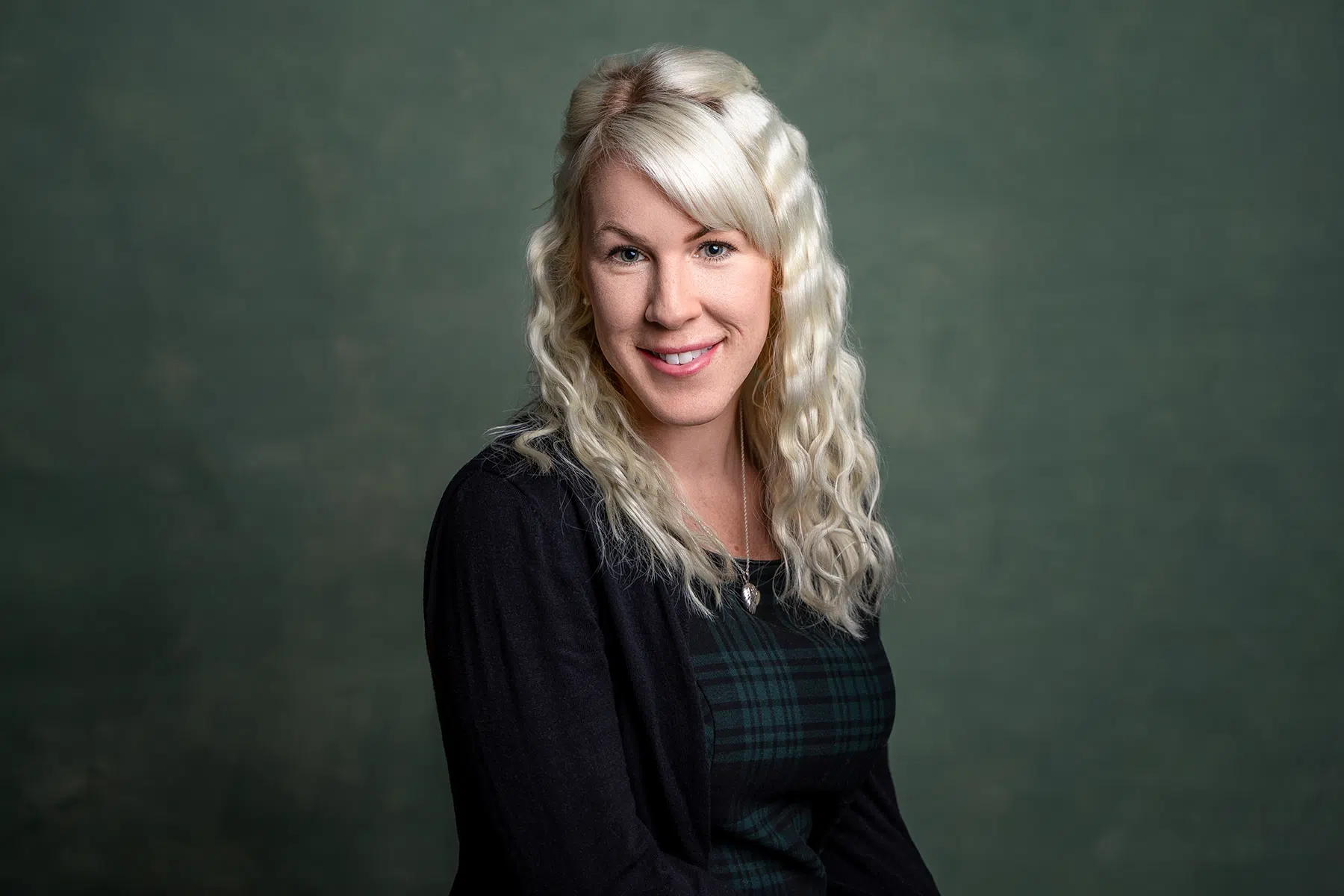
Life is unpredictable, and circumstances can change in the blink of an eye. When a loved one loses capacity it can be incredibly difficult to come to terms with and often families find themselves unprepared and in the dark as to what they should do.
Capacity loss can arise due to various reasons, including ageing, mental health issues, traumatic brain injuries, or degenerative illnesses like dementia. When an individual is no longer capable of making decisions about their finances or personal welfare, it poses significant challenges for their overall care and support.
Deputyship is a legal arrangement where a person, known as a deputy, is appointed by the Court of Protection to make decisions on behalf of someone who has lost capacity. This process is typically initiated when the individual has not previously granted power of attorney, designating someone to act on their behalf.
If you are not sure if they had previously registered a LPA, then you can contact the Office of the Public Guardian and they can search their register for previous EPAs (replaced by LPAs in 2007), LPAs, and any existing deputyship orders.
If no documents have been registered, or if they have become invalid, for example if they attorney has passed away or has lost mental capacity themselves, then the Court of Protection route to apply for deputyship becomes crucial to ensure the well-being and interests of your loved one are safeguarded.
In order to ensure as little delay as possible when you are facing capacity issues with loved ones, it is best to get legal support where a professional can offer expertise in guiding you through the intricate process of making applications to the Court of Protection.
Talk to us
Our dedicated team is well-versed in the complexities of deputyship, and we ensure that clients receive expert assistance, navigating the legal landscape with precision and compassion to secure the best outcomes for those in need of protective measures in the shortest time possible.
Get in touch with our dedicated Court of Protection experts at any time who would be happy to discuss your circumstances and how they can help.









